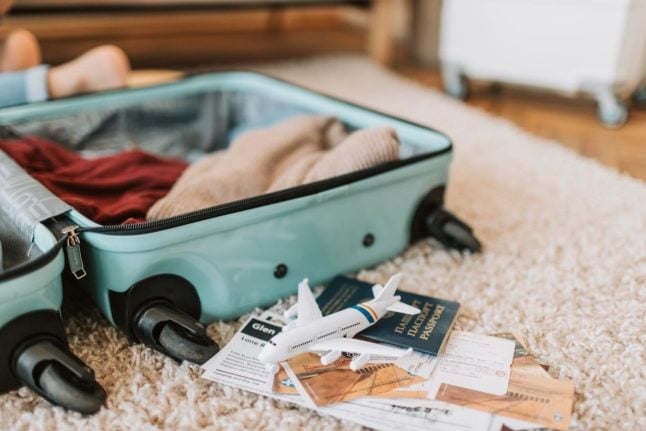New and more restrictive rules
Starting July 1st, apartments in Vienna can only be rented out for up to 90 days annually, and the landlord must still live in the apartment for the remainder of the year, reported Der Standard.
Additionally, most apartments in the building where a flat is rented out must continue to be used as residences.
Accommodations offered on platforms such as Airbnb, Booking.com, Tripadvisor, or Expedia must be registered in an accommodation register.
To rent out for longer periods than 90 days, landlords have to apply for a special permit. In residential zones, this permit cannot be obtained at all. Outside residential zones, buildings constructed with subsidies are also not eligible.
The permit is valid for five years and can be applied for at MA 37 (building inspection department). The application process involves a letter in which the individual apartment is named and its units precisely described.
For those living in so-called “owner-occupied” buildings (Eigentumsimmobilien), the person looking to turn their home into a short-term rental for tourists would have to get consent from all flat owners of the building.
Non-tourist rentals are allowed
Even if the new regulations are strict regarding tourist rentals, there are exceptions.
The ban on short-term rentals beyond 90 days applies to stays lasting between two and 30 days, which are subject to local tax according to the Vienna Tourism Promotion Act.
According to this, offers where the tenants stay one day or more than 30 days are allowed without a permit.
In addition, offers such as those on kurzzeitmiete.at, which are not aimed at tourists and where the tenants stay more than 30 days and need accommodation for a “temporary, work-related change of residence,” are also still allowed all year round.
READ ALSO: KEY POINTS: What changes in Austria in July 2024
Many cities restrict tourist rentals
In Vienna, around 14,500 accommodations are currently listed on Airbnb, according to Der Standard.
About 11,800 of the listings are for entire residential units.
Many other European cities also have fixed day limits for tourist rentals. Paris has a 120-day limit, and London and Berlin have 90 days. However, many cities have even shorter periods, such as Hamburg (56 days), Barcelona (31 days), and Amsterdam (30 days).
READ NEXT: IN NUMBERS: How much does it cost to live in Vienna in 2024?
How will compliance be checked?
Viennese authorities announced strict controls, but also admitted that it will not be possible to check all flats, according to an ORF report.
However, most searches are conducted online, the head of the Vienna Building authorities, Gerhard Cech, told ORF. “Airbnb doesn’t give any specific addresses in the adverts, but you can draw conclusions.” For example, the area is sometimes recognisable from photos or key safes adorn the entrances.




 Please whitelist us to continue reading.
Please whitelist us to continue reading.
Member comments